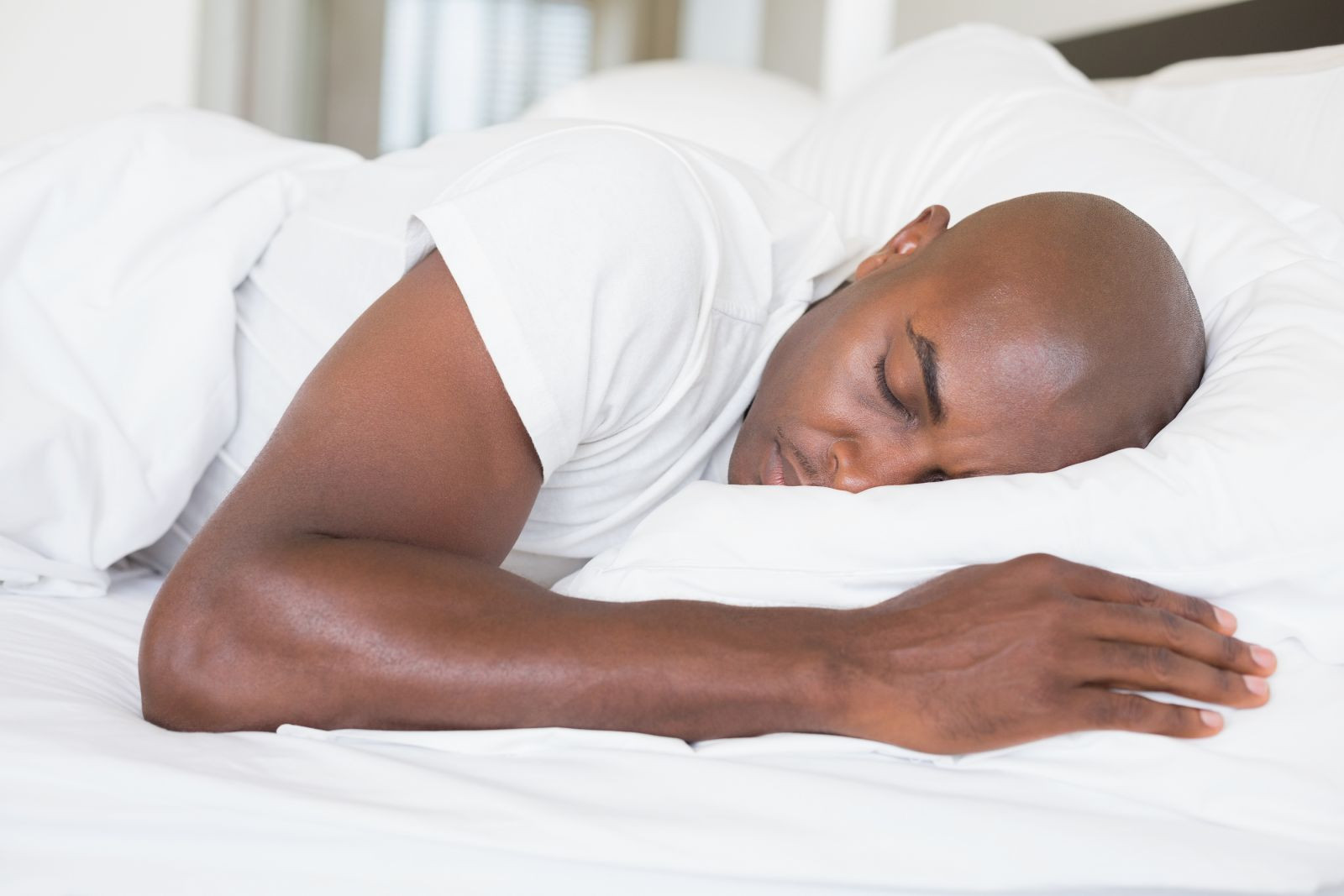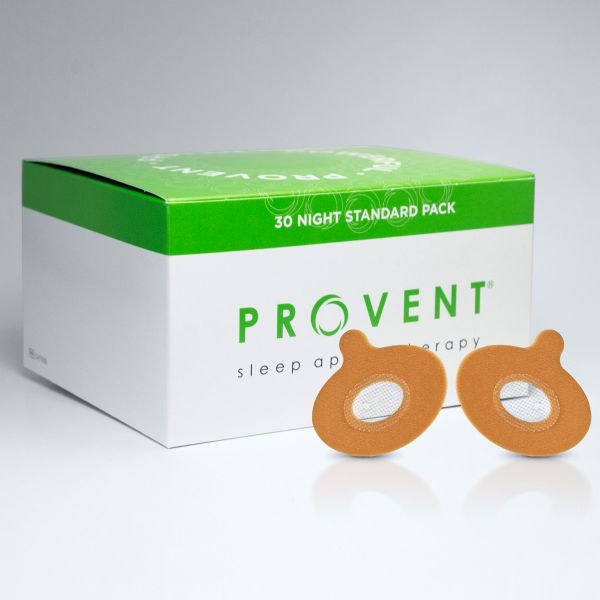Sleep Deprivation Help - Overcome Exhaustion and Improve Wellness
Sleep Deprivation Help - Overcome Exhaustion and Improve Wellness
Blog Article
Effective Therapy Solutions for Managing Rest Disorders and Enhancing Relaxed Sleep
In the realm of medical care, the management of rest disorders and the pursuit for relaxing rest are pivotal elements of overall wellness. As we browse the elaborate landscape of sleep conditions and look for to improve our rest experience, a deeper understanding of these therapy solutions may hold the trick to unlocking a much more relaxing and satisfying restorative journey.
Cognitive Behavioral Therapy for Sleep Problems (CBT-I)
Cognitive Behavioral Treatment for Sleep Problems (CBT-I) is a structured, evidence-based treatment strategy that concentrates on addressing the hidden variables adding to sleep disruptions. This sort of treatment intends to modify habits and ideas that aggravate sleeping disorders, ultimately promoting healthy sleep patterns. CBT-I typically includes a number of vital elements, including cognitive treatment, rest restriction, stimulus control, and sleep hygiene education and learning.
Cognitive therapy helps individuals identify and transform adverse idea patterns and ideas regarding rest that might be impeding their capability to fall or stay asleep. Rest constraint entails restricting the quantity of time invested in bed to match the individual's real rest duration, consequently boosting sleep efficiency (natural insomnia remedies). Stimulation control strategies help develop a solid association in between the bed and sleep by encouraging people to go to bed only when sleepy and to stay clear of involving in promoting activities in bed
Additionally, sleep hygiene education focuses on creating healthy sleep practices, such as maintaining a regular rest routine, developing a relaxing bedtime routine, and maximizing the rest environment. By addressing these variables thoroughly, CBT-I provides an efficient non-pharmacological intervention for taking care of sleeping disorders and improving overall sleep top quality.
Sleep Health Practices
Having established the foundation of cognitive restructuring and behavior adjustments in resolving insomnia via Cognitive Behavioral Therapy for Insomnia (CBT-I), the emphasis currently changes in the direction of exploring vital Rest Hygiene Practices for preserving optimum sleep quality and general well-being.
Sleep hygiene techniques encompass a variety of habits and environmental factors that can dramatically affect one's ability to go to sleep and stay asleep throughout the night. Consistent sleep and wake times, producing a relaxing going to bed routine, and optimizing the sleep atmosphere by maintaining it dark, peaceful, and cool are critical components of good sleep health. Restricting direct exposure to screens prior to going to bed, preventing energizers like caffeine near to going to bed, and taking part in regular exercise during the day can likewise advertise far better rest high quality.
Furthermore, practicing leisure methods such as deep breathing exercises or meditation before bed can aid relax the mind and prepare the body for rest. By incorporating these rest health methods right into one's day-to-day regimen, individuals can establish a healthy and balanced rest pattern that supports relaxing rest and general wellness.
Relaxation Strategies and Mindfulness
Implementing relaxation methods and mindfulness practices can play an essential duty in fostering a sense of tranquility and promoting high quality sleep. In addition, directed imagery can assist carry individuals to a peaceful location in their minds, assisting in stress reduction and enhancing rest top quality.
By including these practices into a going to bed regimen, individuals can signal to their bodies that it is time to prepare and relax for rest. On the whole, incorporating leisure methods and mindfulness techniques can significantly add to taking care of rest problems and improving look at here general sleep top quality.

Medicine Options for Sleep Disorders
After discovering leisure methods and mindfulness practices as non-pharmacological interventions for enhancing sleep high quality, it is vital to take into consideration medicine options for individuals with sleep conditions. In situations where lifestyle changes and treatment do not supply sufficient alleviation, medicine can be a valuable tool in managing sleep disturbances.
Generally prescribed drugs for sleep conditions include benzodiazepines, non-benzodiazepine hypnotics, antidepressants, and melatonin receptor agonists. Benzodiazepines, such as diazepam, are sedatives that can help induce sleep, however they are commonly advised for temporary use due to the risk of dependancy. Non-benzodiazepine hypnotics like zolpidem are additionally used to treat sleeplessness and have a lower danger of dependancy contrasted to benzodiazepines. Antidepressants, such as trazodone, can be valuable for people with co-occurring depression and sleep disturbances. Melatonin receptor agonists, like ramelteon, target the body's natural sleep-wake cycle and can be valuable for controling sleep patterns.
It is critical for individuals to seek advice from with a doctor to determine the most proper medication alternative based on their particular rest condition and clinical history.
Light Therapy for Body Clock Regulation
Light treatment, also called photo-therapy, is a non-invasive therapy technique made use of to regulate circadian rhythms and boost sleep-wake cycles. This therapy includes exposure to bright light that simulates all-natural sunshine, which assists to reset the body's biological rhythm. By exposing people to particular wavelengths of light, normally in the morning or evening depending on the preferred effect, light therapy can properly adjust the body clock to promote wakefulness during the day and boost restful sleep in the evening.
Research has actually revealed that light treatment can be specifically useful for people with circadian rhythm conditions, such as delayed sleep phase syndrome or jet lag. It can additionally be practical for those experiencing seasonal affective disorder (SAD), a sort of anxiety that normally occurs during the winter season when all-natural light direct exposure is decreased. Light treatment is usually well-tolerated and can be used along with various other therapy approaches for rest problems to enhance outcomes and enhance overall sleep top quality.
Verdict
Finally, reliable treatment remedies for taking care of rest problems and boosting relaxed rest include Cognitive Behavioral Therapy for Sleep Problems (CBT-I), sleep hygiene techniques, leisure strategies and mindfulness, medicine choices, and light treatment for body clock guideline. These Bonuses approaches can aid people enhance their rest top quality and total well-being. It is very important to consult with a healthcare company to establish one of the most appropriate method for addressing sleep issues.
As we navigate the intricate landscape of sleep conditions and seek to boost our rest experience, a much deeper understanding of these therapy services may hold the secret to unlocking a much more relaxing and meeting corrective journey.
Sleep restriction entails restricting the amount of time spent in bed to match the individual's actual rest duration, thereby enhancing sleep performance. Constant sleep and wake times, creating a relaxing sleep disorder narcolepsy bedtime routine, and optimizing the rest atmosphere by keeping it dark, quiet, and cool are important components of excellent rest hygiene. Light treatment is typically well-tolerated and can be used in combination with other therapy techniques for sleep disorders to enhance outcomes and enhance total rest quality.

Report this page